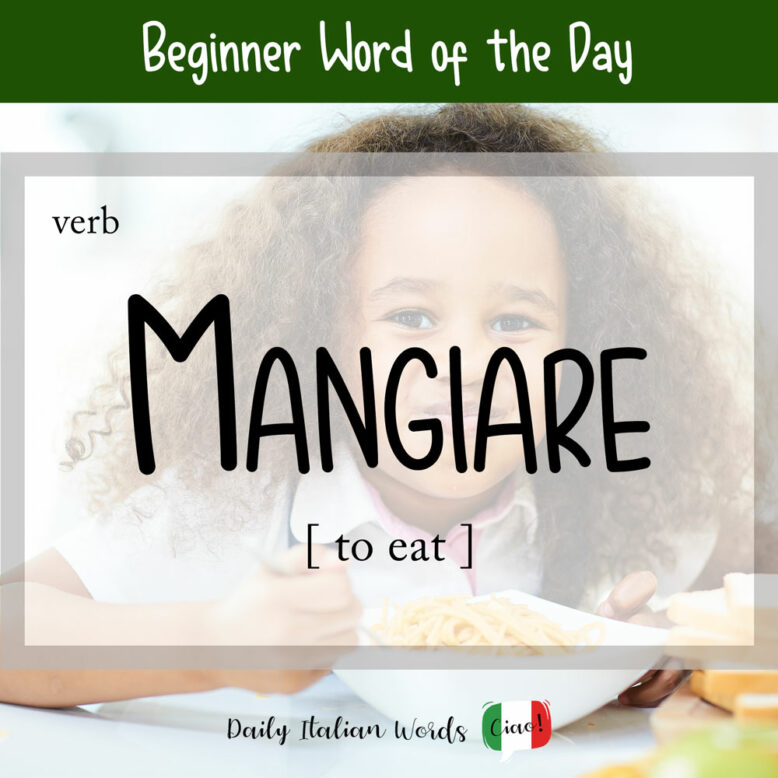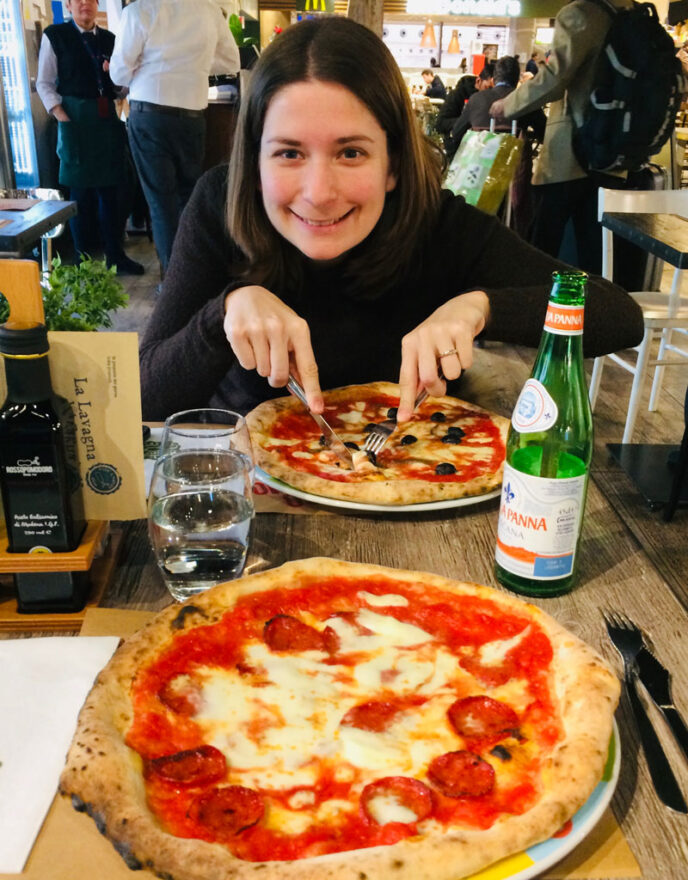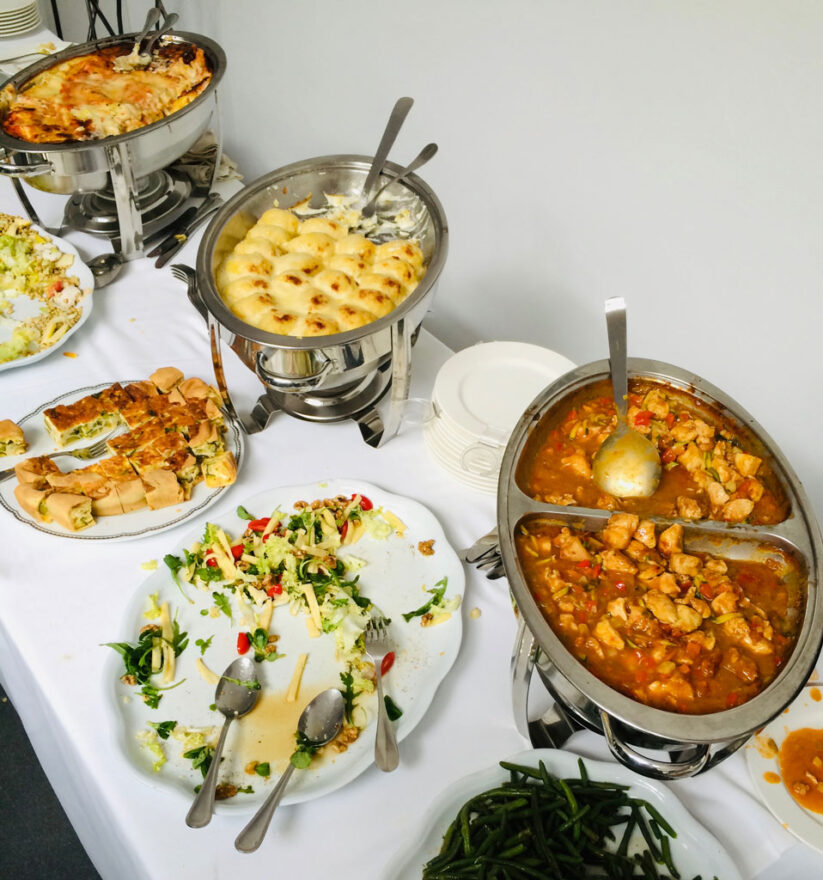Eating in Italy is so much more than just ingesting food. It is about friends, family, generosity, being with the people you love, sharing happiness and creating important moments together. It is a celebration of the ordinary around a table of good food.
One of my fondest memories of eating in Italy is from a dinner following a funeral. I know, it sounds odd, but bear with me. A relative had recently passed away, so we drove to nearby Vercelli (one hour away from Turin) to pay our respects in the morning. It was a hot and humid summer’s day and between the heat and the sadness that filled the air, we were pretty exhausted by noon.
The family invited us to stay for lunch and we ended up in this tiny village with one restaurant, the only business I could spot on an otherwise deserted street. They put tables out, cooked panissa (a local rice recipe) and poured out some red wine. The tears of the morning were replaced by smiles and laughs in what became a vibrant and cheerful day. Everybody, including the son whose mum had just passed away, was laughing and having a good time. We were celebrating that person’s life rather than mourning her death. I can’t think of a more authentic example to describe what eating means to Italians.
To eat in Italian translates to mangiare which, just like English, refers to the act of consuming food as well as chewing and swallowing.

Vado a mangiare con gli amici questa sera.
I’m going to eat with friends tonight.
Conjugation of “to eat” in Italian
The verb mangiare conjugates in the following way in the present tense:
- Io mangio = I eat
- Tu mangi = you eat
- Lui/Lei mangia = He/she eats
- Noi mangiamo = we eat
- Voi mangiate = you (plural) eat
- Loro mangiano = they eat
Ricordati che (noi)* mangiamo dalla nonna domani.
Remember that we’re eating at your grandma’s house tomorrow.
*Note: In Italian, you can often omit the subject because the conjugated verb already tells you what it is.
If you want to talk about something you’ve eaten (present perfect) or ate (simple past), you can use the passato prossimo. With mangiare, you must conjugate the verb to have (avere) and add the participio passato (past participle) of mangiare which is mangiato:
- Io ho mangiato = I have eaten / I ate
- Tu hai mangiato = You have eaten / You ate
- Lui ha mangiato = He has eaten / He ate
- Lei ha mangiato = She has eaten / She ate
- Noi abbiamo mangiato = We have eaten / We ate
- Voi avete mangiato = You (plural) have eaten / You (plural) ate
- Loro hanno mangiato = They have eaten / They ate
Hai mangiato i broccoli ma non la torta. Ti senti bene?
You’ve eaten the broccoli but not the cake. Are you feeling ok?
Ieri ho mangiato un sacco di caramelle!
Yesterday I ate loads of sweets!
If you want to say that someone has eaten a lot, you can add adverbs such as tanto (a lot) or troppo (too much) after the verb:
- Ha mangiato tanto. = He has eaten a lot. / He ate a lot.
- Ha mangiato troppo. = He has eaten too much. / He ate too much.
If you want to tease someone about the fact that they eat a lot in a jocular way, you can say:
Sei un mangione!
You are a big eater!

You can use other verbs and idioms to describe a big appetite, such as:
- Divorare = to devour
- Abbuffarsi / ingozzarsi = to stuff yourself
- Riempirsi la pancia / la bocca = to stuff yourself (lit. to fill your stomach / mouth)
- Mangiare come un maiale = to eat like a pig
- Mangiare per due / quattro = to eat a lot (lit. to eat for two / four people)
- Mangiare come un re = to eat very high quality food (lit. to eat like a king)
To say that you’re eating in or out, you can use the following expressions:
- mangiare a casa = to eat in
- mangiare fuori = to eat out
You can use the verb mangiare as a friendly way of reassuring someone:
Non avere paura, mica ti mangio!
Don’t be scared, I won’t bite!
(lit: Don’t be scared, I won’t eat you!)
Mangiare can also become a noun – mangiata or the variation magnata – both of which describe the act of eating a lot. One way of translating it into English is hearty meal.
Ci siamo fatti una di quelle mangiate ieri sera che tu non hai idea!
You have no idea how much we ate yesterday!

The Italian meals of the day
Eating is such an important part of Italian culture that the day can be divided into the various acts of eating. If you want to become a true Italian, this is how you need to organise your day:
- colazione = breakfast
- spuntino = light meal, nibble
- pranzo = lunch
- merenda = snack (tea break in the UK)
- aperitivo = aperitif*
- cena = dinner, supper (also tea in the UK)
- spuntino di mezzanotte = midnight snack
Forza ragazzi, venite a tavola, la cena è pronta!
Come on guys, come to the table, dinner is ready!
*Trivia: in Turin, my hometown, the aperitivo is a very popular alternative to an evening meal, where drinks are accompanied by a rich buffet. It is also called apericena, the fusion of the words aperitivo and cena.

Idioms and other meanings
Mangiare can be used in a figurative way to describe for example an object that consumes a lot or has been corroded/wasted.
La mia stampante si mangia tanto di quel inchiostro che sto pensando di cambiarla.
My printer eats up so much ink that I’m thinking of replacing it.
Quel vecchio cancello è stato mangiato dalla ruggine.
That old gate has been corroded by rust.
Si è mangiato tutti i soldi in una settimana.
He burnt through all his money in one week.
There are many idioms based on the verb mangiare, just as eat is used in English in various figurative forms. Here are some of the most interesting:
Mangiarsi le parole
- literal : to eat your own words
- meaning : to mumble or speak too fast without pronouncing all the letters or words
Rimangiarsi le parole
- literal : to re-eat your own words
- meaning : to go back on something you said, to break a promise
Mangiare con i piedi
- literal : to eat with your feet
- meaning : to eat in an impolite way, to not behave properly at the table
Mangiarsi vivo qualcuno
- literal : to eat someone alive
- meaning : to be so angry with someone that you almost want to hurt them
Mangiare qualcuno con gli occhi
- literal : to eat someone with the eyes
- meaning : to desire someone
Mangiare a scrocco
- literal : to eat at someone’s expense
- meaning : to eat for free, to enter a place knowing you’ll get free food
Mangiarsi il fegato / l’anima
- literal : to eat your own liver / soul
- meaning : to be consumed by envy
Mangiarsi le mani
- literal: to eat your own hands
- meaning: to deeply regret something
Mangiare la foglia
- literal: to eat the leaf
- meaning: to be fooled, deceived
Mathieu Gasquet was born and raised in Turin in the north of Italy to an Italian mother and a French father. He provides the audio pronunciation for Daily Italian Words.


